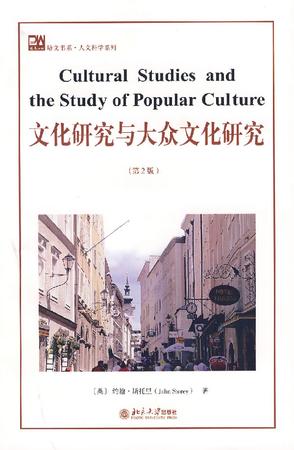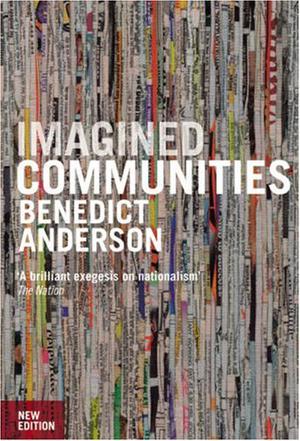-

British Cultural Studies
is a comprehensive introduction to the British tradition of cultural studies. Turner offers an accessible overview of the central themes that have informed British cultural studies: language, semiotics, Marxism and ideology, individualism, subjectivity and discourse. Beginning with a history of cultural studies, Turner discusses the work of such pioneers as Raymond Williams, Richard Hoggart, E. P.Thompson, Stuart Hall and the Birmingham Centre for Contemporary Cultural Studies. He then explores the central theorists and categories of British cultural studies: texts and contexts; audience; everyday life; ideology; politics, gender and race. The third edition of this successful text has been fully revised and updated to include: * How to apply the principles of cultural studies and how to read a text * An overview of recent ethnographic studies * Discussion of anthropological theories of consumption * Questions of identity and new ethnicities * How to do cultural studies, and an evaluation of recent research methodologies * A fully updated and comprehensive bibliography -

Keywords
Now revised to include new words and updated essays, Keywords focuses on the sociology of language, demonstrating how the key words we use to understand our society take on new meanings and how these changes reflect the political bent and values of society. -

文化研究与大众文化研究
这是一本研究当代大众文化的最新畅销书。本书以浅显易懂的方式介绍了其理论范围及当代文化研究的方法,通过对一些重要流派的探讨,来展现文化研究的发展脉络。该书结合个案分析,每章着重论述一种媒介形式,并对当前大众文化研究的方法论进行了批判性的总体评述,论题涵盖电视、小说、电影、报刊、流行音乐以及消费(包括迷文化和购物)等诸多领域。对于初学者,本书以方便实用的理论和方法加以引导;对于那些已对文化研究的方法、策略有所了解的研究者,本书则进行了简明扼要、易于把握的回顾总结。本版在第一版的基础上重新作了修订、加工和扩充,涉及了一些新的领域,如电视观众、接受理论和全球化。 -

Imagined Communities
The definitive, bestselling book on the origins and development of nationalism. Imagined Communities, Benedict Anderson's brilliant book on nationalism, forged a new field of study when it first appeared in 1983. Since then it has sold over a quarter of a million copies and is widely considered the most important book on the subject. In this greatly anticipated revised edition, Anderson updates and elaborates on the core question: what makes people live, die and kill in the name of nations? He shows how an originary nationalism born in the Americas was adopted by popular movements in Europe, by imperialist powers, and by the anti-imperialist resistances in Asia and Africa, and explores the way communities were created by the growth of the nation-state, the interaction between capitalism and printing, and the birth of vernacular languages-of-state. Anderson revisits these fundamental ideas, showing how their relevance has been tested by the events of the past two decades.